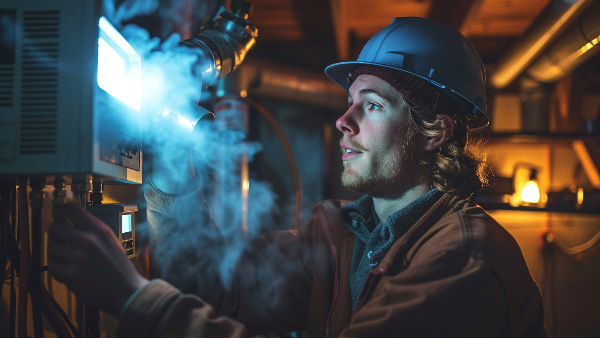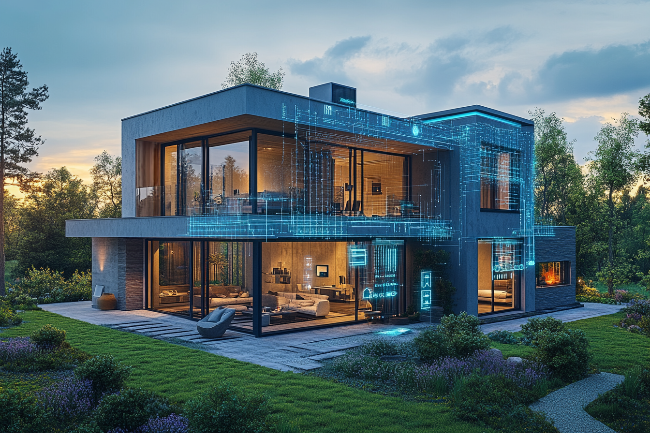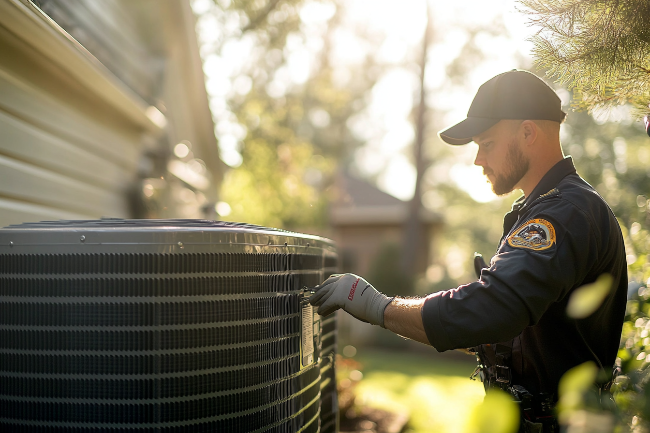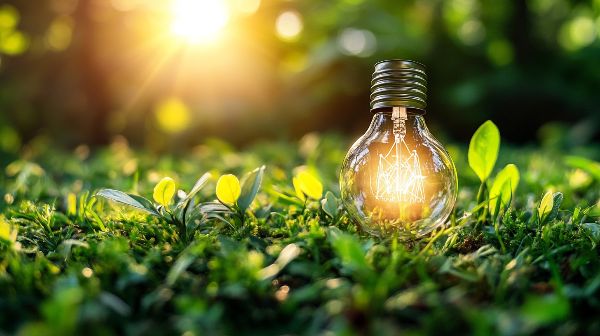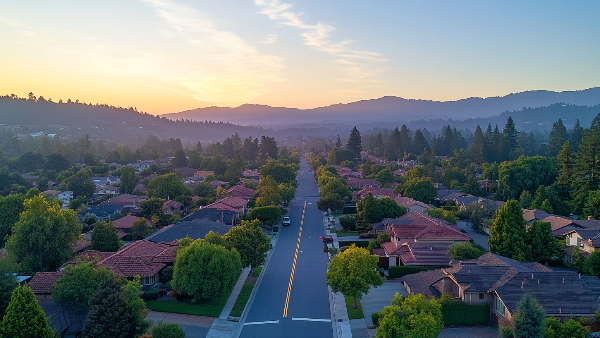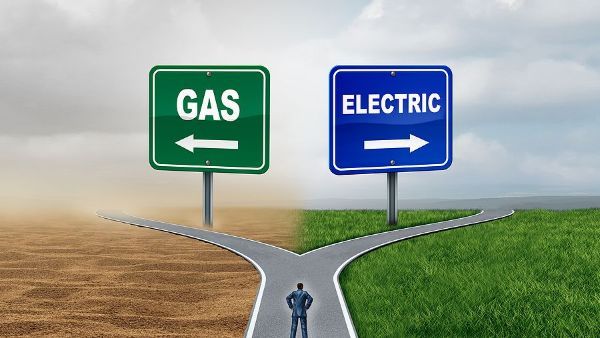The Weather Can Affect Your Air Conditioner in These 6 Ways
The Relationship Between Weather and Your AC
Temperatures can get really high in Santa Rosa and cause extremely hot summers. Air conditioning does help, but the weather can affect your air conditioner's performance in many ways. For example, the hotter it is outside, the harder your air conditioner works to keep your inside space cool. That requires more energy and can lower your system’s efficiency. An HVAC contractor in Santa Rosa can help with various air conditioning issues when the need arises.
1. High Temperatures Can Reduce Efficiency and Performance
Hot weather causes air conditioners to work harder to maintain the desired inside temperature. In other words, they can become less efficient the hotter it is outside.
A system that is older (10 years old or more) or that needs maintenance is likely to have an even harder time working in hot weather. An extreme heat wave could spell the end for an air conditioner that has been on the brink of failure for a while. To prevent such occurrences, get regular maintenance and stay on top of repairs and replacements.
To get an idea of how efficient your system could be on hot days, check its Seasonal Energy Efficiency Ratio (SEER). This number corresponds to how efficient an air conditioner is. A system rated 14 or higher is efficient, while a system rated 18 or higher is highly efficient and will perform better during high-temperature days. Ratings go up to 25. All residential units sold in the United States since January 2006 have had a SEER 13 or higher.
You can usually find the rating on the yellow "Energy Guide" sticker and near the top of the manufacturer label near the model and serial number. If your model number begins with 15AC, the SEER rating is 15.
2. Humidity Also Strains Your Unit
Humidity means excess moisture in the air, causing your air conditioner to work harder to remove it. Anything that strains the system has the potential to reduce its performance and efficiency.
3. Weather Can Damage the Exterior Unit and Various AC Components
High winds, lightning, hail, tornadoes, falling tree branches, and other instances of extreme weather can damage the outdoor unit of the air conditioner. You can mitigate the chances of damage by covering your unit with a tarp or cover designed for air conditioners if high winds are likely. Similarly, you may want to turn off your unit during a thunderstorm.
Also, lightning strikes can cause electrical damage, which affects your air conditioner. If your property experiences flooding, it has the potential to harm the internal parts of your air conditioner. You may have to repair or replace the unit.
4. Power Outages Can Damage Electrical Components
The power going out during a storm or blackout could cause your unit to fail (total compressor failure, blower motor failure, and variable speed motor failure, for example). If your lights are flickering, that is an indicator to turn off your unit.
Problems could result when your air conditioner is switched back on, too. Any power surges during this time could potentially damage any of the various electrical components of your air conditioner.
Surge protectors specifically for your air conditioner are a great way to reduce the risk of this damage. Use surge protectors for other electrical appliances in your home, too.
5. Poor Air Quality Can Clog the Filters
Pollution, smoke from wildfires, and other environmental factors can clog your air filter more quickly. This means reduced airflow and decreased efficiency. For optimal AC performance, it is best to clean or replace your filter more frequently when the air quality in the area is poor.
6. Dust and Debris Can Clog Coils
Accumulated dust and debris on your outdoor unit can clog the condenser coils and hamper the efficiency of the system. Keep the area around your exterior unit clean and clear to reduce the accumulation of debris.
Get regular maintenance to keep the system functioning well and to catch any possible issues early. Even in the best weather conditions, dust, debris, dirt, and other substances affect your unit over time.
Contact an HVAC Contractor in Santa Rosa
Air conditioners are necessary for many Santa Rosa homes, businesses, and public spaces. The weather can have a tremendous impact on them, but surge protectors, regular maintenance, and other proactive measures often help. For information on AC service and repair,
contact us at Next Level HVAC today.


